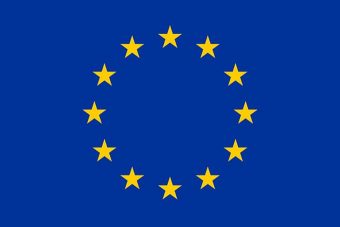
Between 1990 and 2016 the European Union has cut greenhouse gas emissions by 23% while at the same time growing its economy by 53%, proving again that environmental action need not negatively affect the financial bottom line.
The European Commission published its annual climate action progress report this week, Two years after Paris — Progress towards meeting the EU’s climate commitments, which highlighted the EU’s ability to increase economic growth while at the same time decreasing emissions — so much so that it remains on track to meet its 20% by 2020 greenhouse gas emissions reduction target.
On a large scale, the EU’s greenhouse gas emissions dropped by 23% while the economy grew by 53%. On a shorter scale, the EU economy grew by 1.9% in 2016 while greenhouse gas emissions decreased by 0.7%.
“Two years after the adoption of the Paris Agreement, the EU remains fully committed to reducing its domestic emissions by at least 40% between 1990 and 2030,” explained Commissioner for Climate Action and Energy Miguel Arias Cañete.
“We are on track to meet our 2020 target and close to finalising our climate legislation for the next decade. Our emissions decline while the economy grows, largely thanks to innovative technologies, showing that growth and climate action can go hand in hand.
“However, there are still challenges ahead, as transport emissions in the EU continue to grow. This is why the Commission will present tomorrow measures to slash emissions from cars and vans in the decade starting 2021.”
Next on the block for the European Union are three legislative steps expected to be enacted in 2018 which are intended to further the region’s emissions reductions and put it on target to reach its 2030 emissions reduction target — with emissions expected to be 30% lower on current trends, the EU is aiming to use new legislation to reduce emissions by at least 40% by 2030. Specifically, the EU will reform its Emissions Trading System (ETS) post-2020, set binding national emissions targets for sectors outside those currently affected by the ETS, and finally it will integrate the land use, land use change, and forestry (LULUCF) sector into the EU’s emissions reduction framework.
The European Commission has also proposed legislation for renewable energy, energy efficiency, and governance of the Energy Union, as part of its ‘Clean Energy for all Europeans’ package which is expected to be adopted in 2018.
Source: cleantechnica.com
